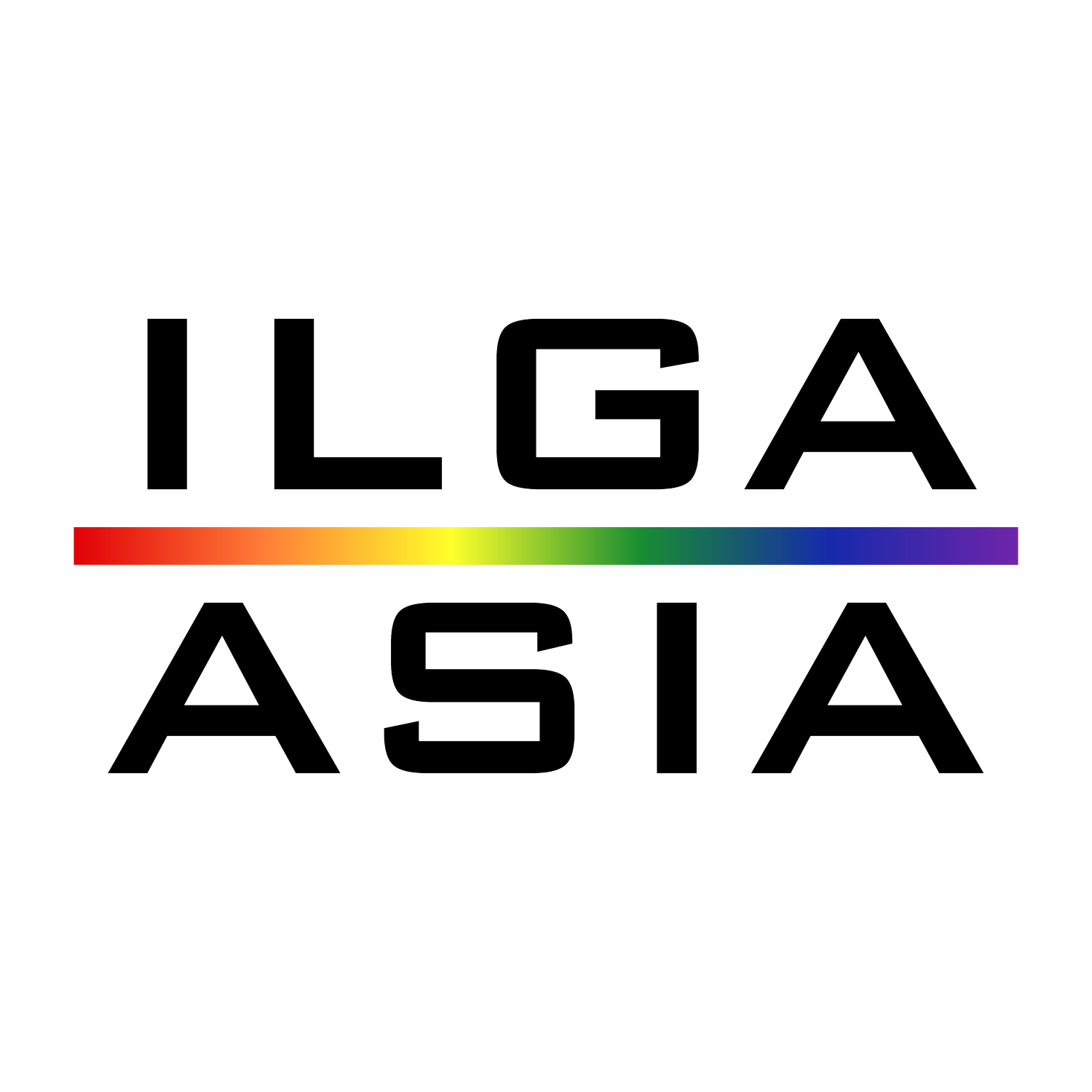Photo by RDNE Stock project: https://www.pexels.com/photo/labeled-boxes-in-a-van-6646865/
The recent suspension of U.S. foreign aid presents a profound challenge to global health, economic stability, and human rights, particularly affecting marginalized communities, including LGBTIQ populations in Asia. This decision, enacted through an executive order on January 20, 2025, has led to the immediate disruption of essential services that millions depend upon daily.
Humanitarian Fallout: The Immediate Impact of the Aid Suspension
The suspension has resulted in a "stop-work" order on all existing foreign assistance and a pause on new aid, as directed by the U.S. State Department. While waivers have been issued for military financing to countries such as Israel and Egypt, many humanitarian programs have not received such exemptions. This abrupt halt has significantly affected health services worldwide, including the President's Emergency Plan for AIDS Relief (PEPFAR), which provides HIV medications globally. Clinics in over 50 countries have been instructed to cease distributing HIV medications, leading to canceled appointments and halted testing and prevention efforts. This interruption risks higher viral loads and increased transmission rates among affected individuals.
Charitable organizations have also reported severe disruptions due to the aid freeze. Vital services, including the provision of HIV drugs, infrastructure support in refugee camps, and the operation of mobile health units, are at risk. The suspension threatens to halt ongoing U.S.-funded work critical to millions, potentially leading to staff layoffs, clinic closures, and a rollback of outreach efforts (AP News).
A Misguided Strategy
The suspension aims to ensure that foreign assistance aligns with U.S. strategic interests. However, critics argue that such abrupt halts can undermine U.S. influence globally and hinder efforts to promote economic progress and stability. The freeze has caused significant disruption, particularly in areas where critical health and support programs are at risk. Many aid organizations have expressed concern over the impact of the freeze, emphasizing that it could lead to severe consequences for vulnerable populations.
Beyond Policy: The Real-Life Consequences for LGBTIQ+ Communities in Asia
For LGBTIQ+ individuals across Asia, the consequences of this aid suspension are particularly devastating. Many rely on U.S.-funded health programs for access to HIV medications, testing, and prevention services. The sudden withdrawal of funding means that clinics in over 50 countries have been forced to halt operations, cutting off access to lifesaving treatment and prevention programs. This disruption not only threatens individual health outcomes but also increases community-wide risks of higher transmission rates and reduced access to essential healthcare.
Beyond healthcare, U.S. foreign aid has supported LGBTIQ+ advocacy, legal aid, and emergency assistance for those facing persecution or displacement. The aid freeze puts these vital programs at risk, exacerbating the challenges faced by LGBTIQ+ individuals who already navigate significant barriers to safety and inclusion. In many parts of Asia, where LGBTIQ+ rights remain under threat, such programs provide a crucial lifeline. Their suspension risks leaving communities even more vulnerable to discrimination, violence, and systemic marginalization.
Rethinking the Approach to Aid
While the intention to align foreign aid with national interests is understandable, the method of an abrupt suspension is both reckless and dangerous. A responsible and ethical approach must involve a phased review process that ensures continued support for programs that safeguard lives and uphold human dignity. Any realignment of foreign aid should be undertaken in close consultation with implementing organizations, healthcare providers, and affected communities to prevent harm and ensure that assistance remains effective and responsive to real-world needs.
The United Nations Secretary-General has also expressed deep concern over the suspension, warning that it will have "catastrophic" effects on global health programs and humanitarian aid initiatives. Global leaders and civil society organizations have urged the U.S. government to adopt a more measured approach, emphasizing that foreign aid should be safeguarded from abrupt political decisions that disproportionately harm marginalized communities.
Defending Progress: A Global Commitment to Human Rights and Health
The suspension of U.S. foreign aid has had immediate and potentially long-lasting negative effects on global health initiatives and marginalized communities, including LGBTIQ+ populations in Asia. A more nuanced approach that involves careful reevaluation and strategic realignment of aid programs is essential to ensure that U.S. foreign assistance continues to uphold the health and human rights of vulnerable communities worldwide.
“The reckless suspension of U.S. foreign aid is not just a policy shift—it is a direct assault on the survival and dignity of marginalized communities worldwide. For LGBTIQ+ individuals across Asia, this abrupt halt means clinics shuttered, lifesaving HIV medications withheld, and vital advocacy efforts abandoned. It is a betrayal of global commitments to health and human rights, forcing those already at the margins into deeper precarity. Aid is not a bargaining chip; it is a lifeline. The world cannot stand idle while political maneuvering extinguishes hope, health, and hard-won progress. We call on global leaders, donors, and allies to step up—because lives depend on it.” Henry Koh, Executive Director of ILGA Asia.
Our Call to Strengthen Global Solidarity
In these challenging times, ILGA Asia calls upon our communities to remain steadfast and united. We encourage local organizations to collaborate closely, share resources, and advocate for the continuation of essential services. By supporting one another and amplifying our collective voice, we can navigate this crisis and continue our vital work towards equality and human rights for all.
We also urge international partners, donors, and stakeholders to recognize the critical importance of sustained support for LGBTIQ communities in Asia. Your continued commitment is vital to ensuring that the progress we have made is not undone and that we can overcome the challenges posed by this suspension of aid.
The fight for dignity, health, and human rights is far from over. We will not allow political maneuvering to erase the progress our communities have fought so hard to achieve.
Written by: Nadine Hassan (Senior Communications Officer)


